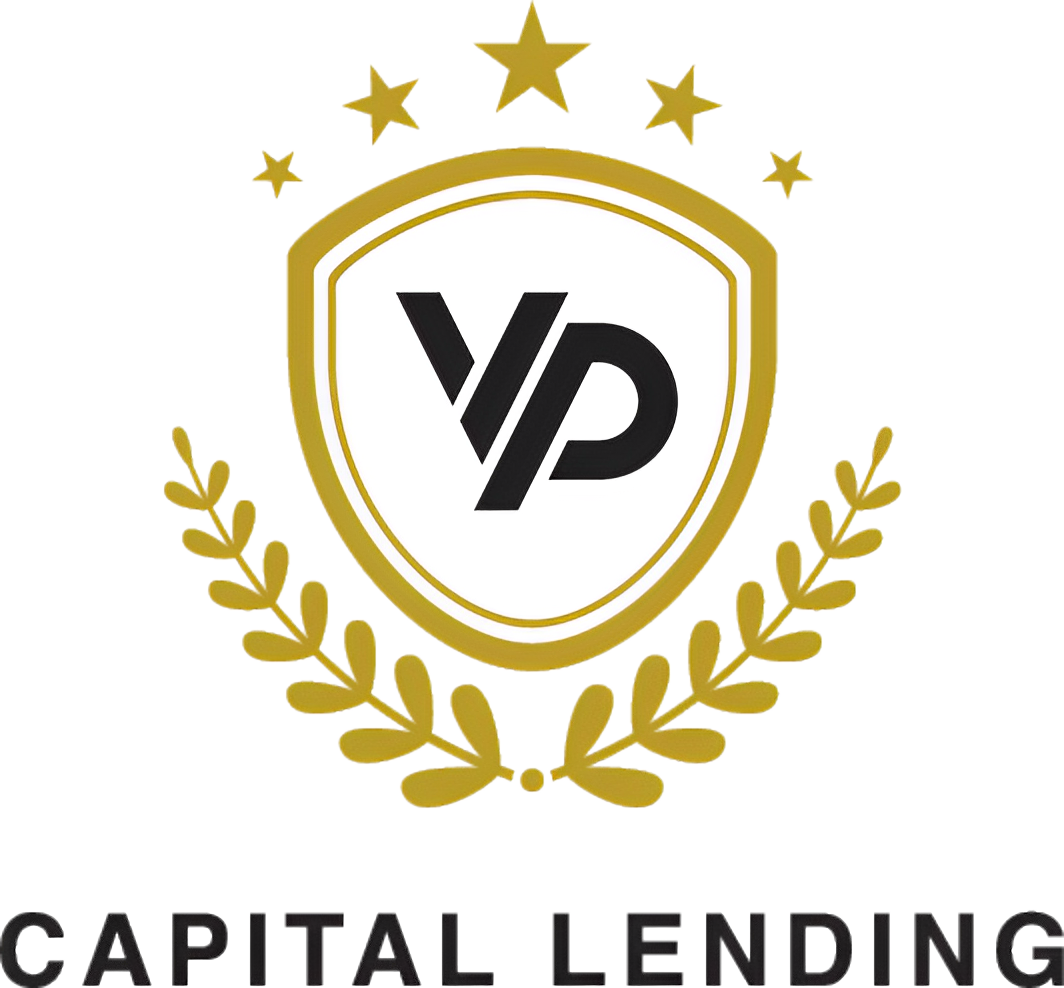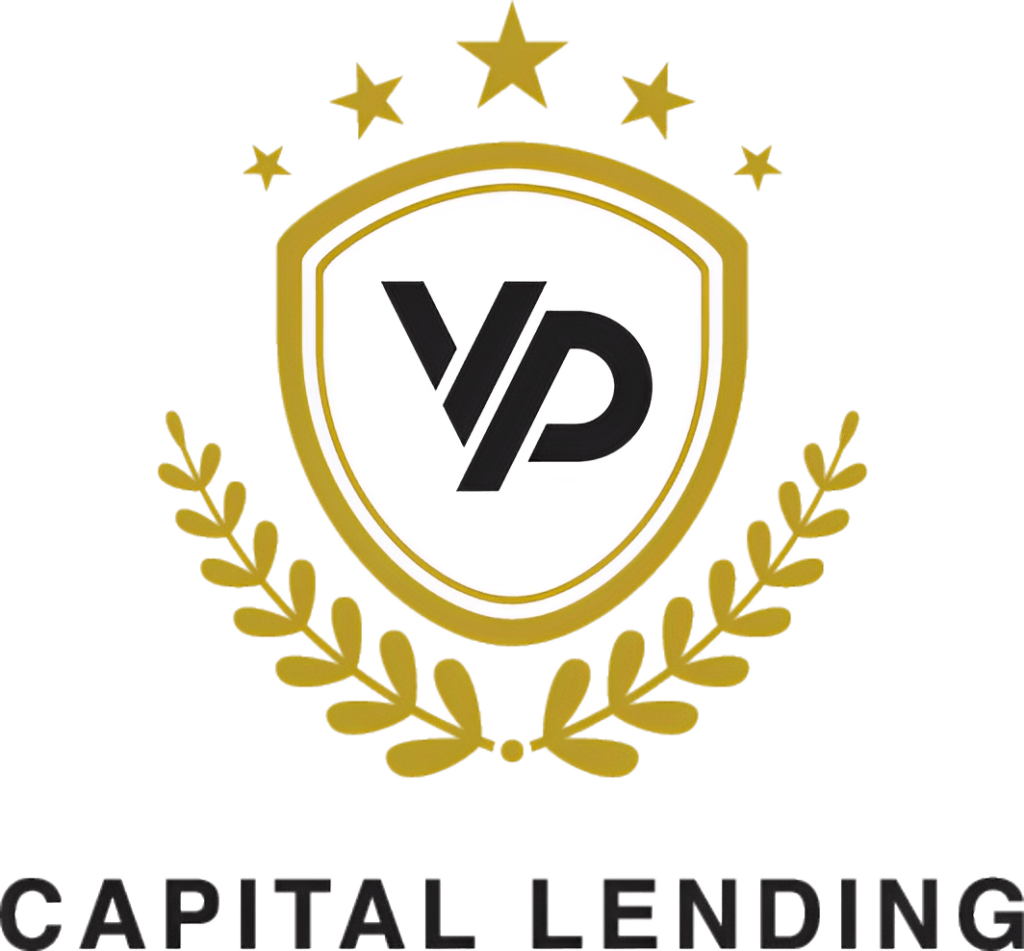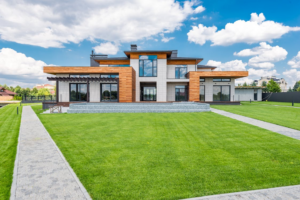If you’re looking to invest in a property that you want to fix up and sell, getting a traditional loan could be a challenge. Many banks are hesitant to loan money for properties in poor condition. You do have another option, though: hard money loans.
What Is a Hard Money Loan?
Hard money loans are a form of financing that borrowers typically get from a private investor or investor group. They work very similarly to traditional loans in the sense that you obtain a set amount of money from the lender that you then need to pay back plus interest. Lenders typically also charge a one-time upfront fee. Your collateral is the property, meaning that if you default, the lender can seize it.
What are the Benefits?
There are many benefits to obtaining a hard money loan:
It’s Great for Beginners
If you’re new to fixing and flipping properties, you likely don’t have much capital of your own to invest. A hard money loan can provide you with what you need to get started.
The Application and Funding Processes Are Quick
There are far fewer hoops to jump through to obtain financing. Additionally, the lender cares more about the value of the property than your credit score, so getting the funds you need is generally easier (especially if your credit isn’t that great).
You Can Borrow More Than You Would Through a Bank
In many cases, hard money lenders are willing to finance 100% of the purchase price, rather than requiring you to put anywhere from 5% to 20% down.
You Establish a Relationship with Your Lender
If you continue to use the same lender and have a history of on-time payments, you’re more likely to receive lower rates and fees.
Are There Drawbacks?
There are also a few drawbacks to keep in mind:
Loans Have Shorter Terms
Traditional mortgages have terms that range from 15 to 30 years. A hard money loan, on the other hand, has a term of a few months to a few years. And, if you don’t repay the loan, you risk losing the property.
Rates Are Higher Than Bank Rates
Rates are typically much higher than mortgage rates. It’s not uncommon for hard money loans to have rates as high as 10% to 20%.
Fees Can Be Expensive
Origination fees are typically more expensive, too. Where mortgage lenders might charge a 1% fee, hard money lenders may charge as much as 5%.
Investing in fix and flip properties can be a great way to make money. Getting started, however, often requires financing that could be challenging to obtain from a regular bank. Instead, hard money loans could be just what you need to achieve your goals.








